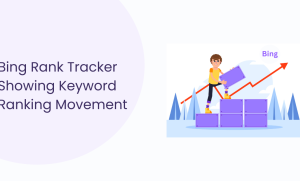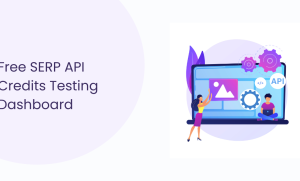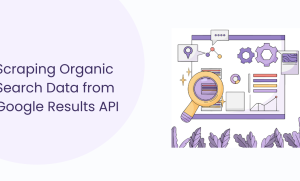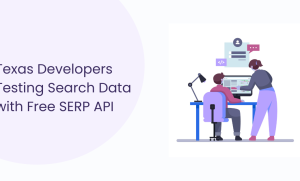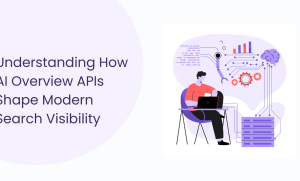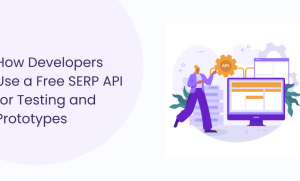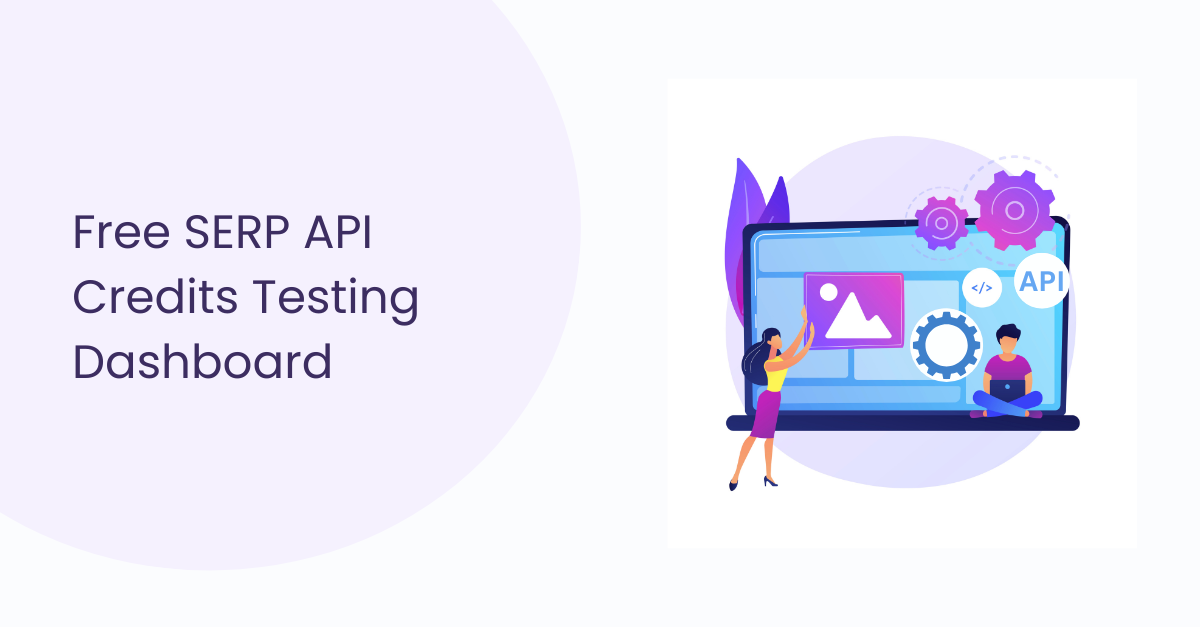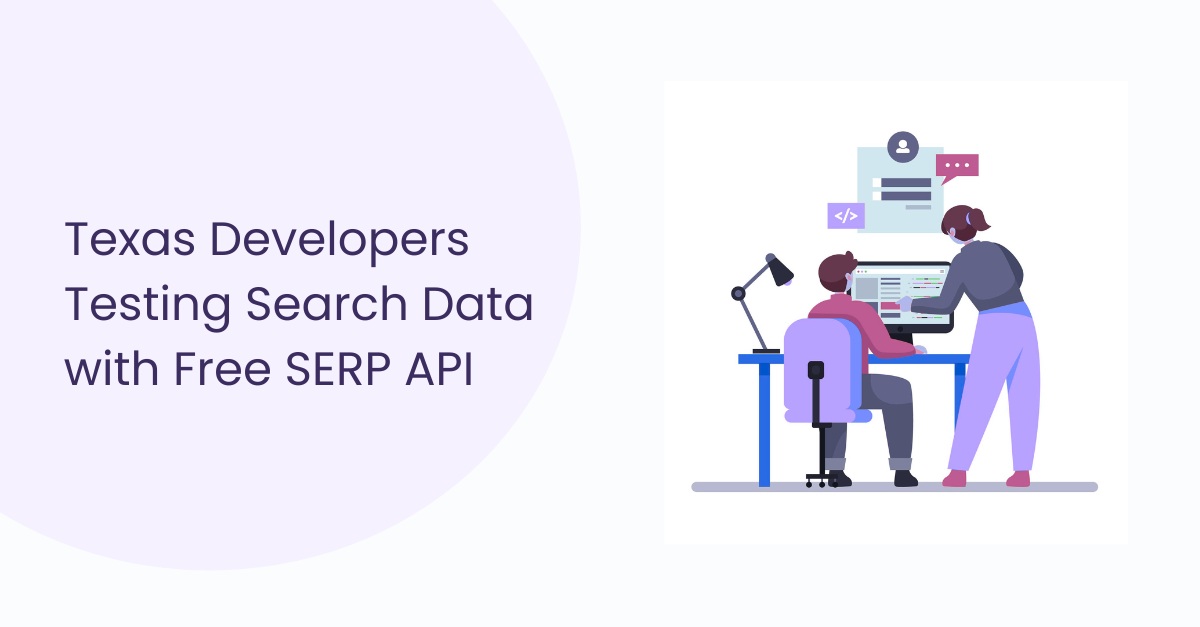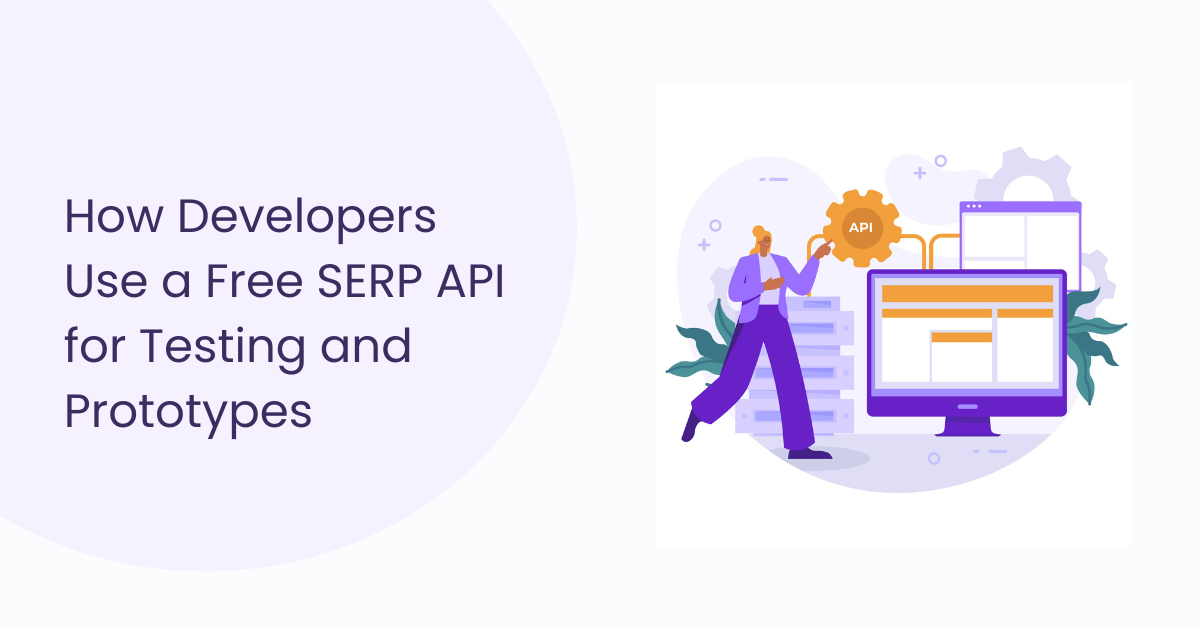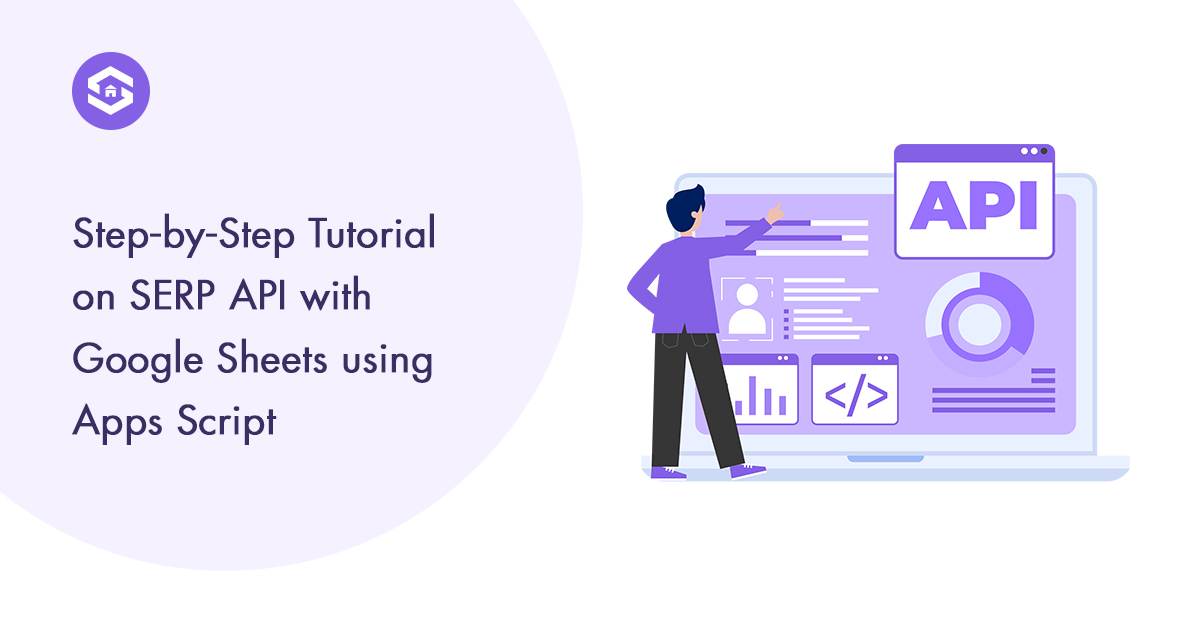Table of Contents
Table of Contents
Dive into Search Engine Results Pages (SERP) data like a pro with our comprehensive guide—Best Practices & Quick Tips for SERP API Usage.
Elevate your strategy, optimize your results, and navigate the complexities of SERP API integration effortlessly.
Professionals rely on SERP APIs (Application Programming Interfaces) to harness the power of SERP data.
In this blog, we’ll explore the best practices and quick tips for effectively using SERP APIs to boost your SEO efforts and stay ahead of the competition.
Understanding SERP API
Before diving into best practices, it’s essential to understand what a SERP API is. A SERP API is a tool that allows developers and marketers to retrieve SERP data programmatically.
It provides organic and paid search results information, including rankings, URLs, titles, descriptions, and more. Various providers offer SERP APIs and can be integrated into your applications, websites, or analytics tools.
Best Practices for SERP API Usage
Choose the Right SERP API Provider:
Selecting a reputable SERP API provider is crucial. Look for providers with a strong track record of accuracy, uptime, and customer support.
Popular choices include SERPHouse, Serpstack, SerpAPI, and SE Ranking. Conduct thorough research and read reviews to make an informed decision.
API Key Management:
You’ll receive an API key when you sign up with a SERP API provider. Protect this key as you would any sensitive information, as it grants access to your API requests.
Implement proper security measures to safeguard your crucial and regularly rotate it for added security.
Define Your Goals:
Before using a SERP API, define your goals and objectives.
Are you tracking keyword rankings, monitoring competitors, or assessing your website’s performance on SERPs? Knowing your goals will help you make the most of the data retrieved.
Choose the Right Data Points:
SERP APIs offer many data points, but not all may be relevant to your objectives.
Select the specific data points that matter most to your SEO strategy, such as organic search results, featured snippets, or local pack results.
Monitor SERP Changes:
Search engine algorithms and SERPs can change frequently.
Use your SERP API to monitor and track these changes regularly. This will help you adapt your SEO strategy and stay ahead of the competition.
Implement Rate Limiting:
SERP APIs often come with rate limits to prevent abuse.
Abiding by these limits is essential to maintain a positive relationship with your API provider and avoid service disruptions. Monitor your API usage metrics and scale your plan if necessary.
Handle Errors Gracefully:
API requests can occasionally fail due to various reasons, such as network issues or API provider outages.
Implement error-handling mechanisms in your applications to handle these situations gracefully and ensure a seamless user experience.
Quick Tips for SERP API Usage
Test API Calls:
Before integrating the SERP API into your production environment, perform thorough testing to ensure the API calls and responses function as expected.
Automate Data Retrieval:
Set up automated processes to retrieve SERP data at regular intervals. This helps you maintain up-to-date information for analysis and decision-making.
Combine with Other SEO Tools:
SERP data is most valuable when combined with other SEO tools and analytics platforms.
Integrate your SERP API with tools like Google Analytics and keyword research for a holistic SEO strategy.
Respect Robots.txt:
Always adhere to the rules set in a website’s robots.txt file when scraping SERP data.
This ensures ethical data acquisition and avoids legal issues.
Keep an Eye on Costs:
SERP API usage can incur costs, especially if you have high traffic or data retrieval needs.
Monitor your API usage metrics and adjust your subscription or plan to manage expenses effectively.
Conclusion:
SERP APIs are powerful tools that help businesses and marketers make data-driven decisions to improve their search engine rankings and online visibility.
By following the best practices and quick tips outlined in this blog, you can maximize the benefits of SERP API usage while maintaining a robust online presence and competitive edge in the digital landscape.
Choose your API provider wisely, set clear objectives, and stay vigilant in monitoring changes to ensure your SEO strategy remains effective and adaptive.



